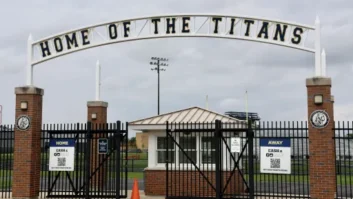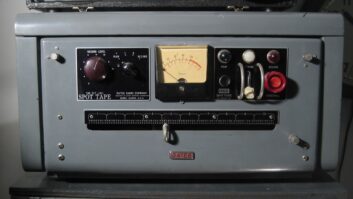It’s hard to remember when Mike Wallace, the recognizable face of “60 Minutes,” wasn’t on television. But it was in fact radio that gave the now-veteran news journalist, who died on Saturday at the age of 93, his first window into journalism.
In the late 1930s, at his first radio job at WOOD(AM) in Grand Rapids, Mich., Wallace recalled in an interview with NPR’s Fresh Air, “I read rip-and-read news, but I wasn’t a reporter … I was reading the wire, and the other thing was, I was reading commercials — and I could do a hell of a commercial.”
Wallace — whose interviews would later include Jack Kevorkian, Malcolm X, Ayn Rand and Mahmoud Ahmadinejad — then moved on to WXYZ(AM) in Detroit, the station that originated the “Lone Ranger” series.
Not yet the hard-nosed investigative reporter he would develop into, Wallace served as a “jack-of-all-trades,” lending his voice to commercials and narrating “The Green Hornet.”
It took awhile for Wallace to find his true calling – and the uninhibited, confrontational interview style he was known for. According to the Washington Times, “after jumping to a Chicago station in 1941 he also began to write news reports in addition to his other duties, but left to join the U.S. Navy where he served for the remainder of the Second World War.”
When he returned to Chicago, he anchored an interview program on WMAQ(AM). And he worked for Westinghouse radio, reporting from the front lines of the Vietnam War.
He started with CBS TV in the 1950s, becoming a full-time member of their news team in 1963. In 1968, covering the infamous Democratic National Convention in Chicago, Wallace and Dan Rather were “roughed up on camera by security guards,” according to the Chicago Tribune.
That same year he joined “60 Minutes.” The magazine-style news show premiered on Sept. 24, 1968 — and the rest is history. He didn’t leave CBS until 2006, when he retired for health reasons. He also served for many years as an anchor for the CBS Evening News with Walter Cronkite.







